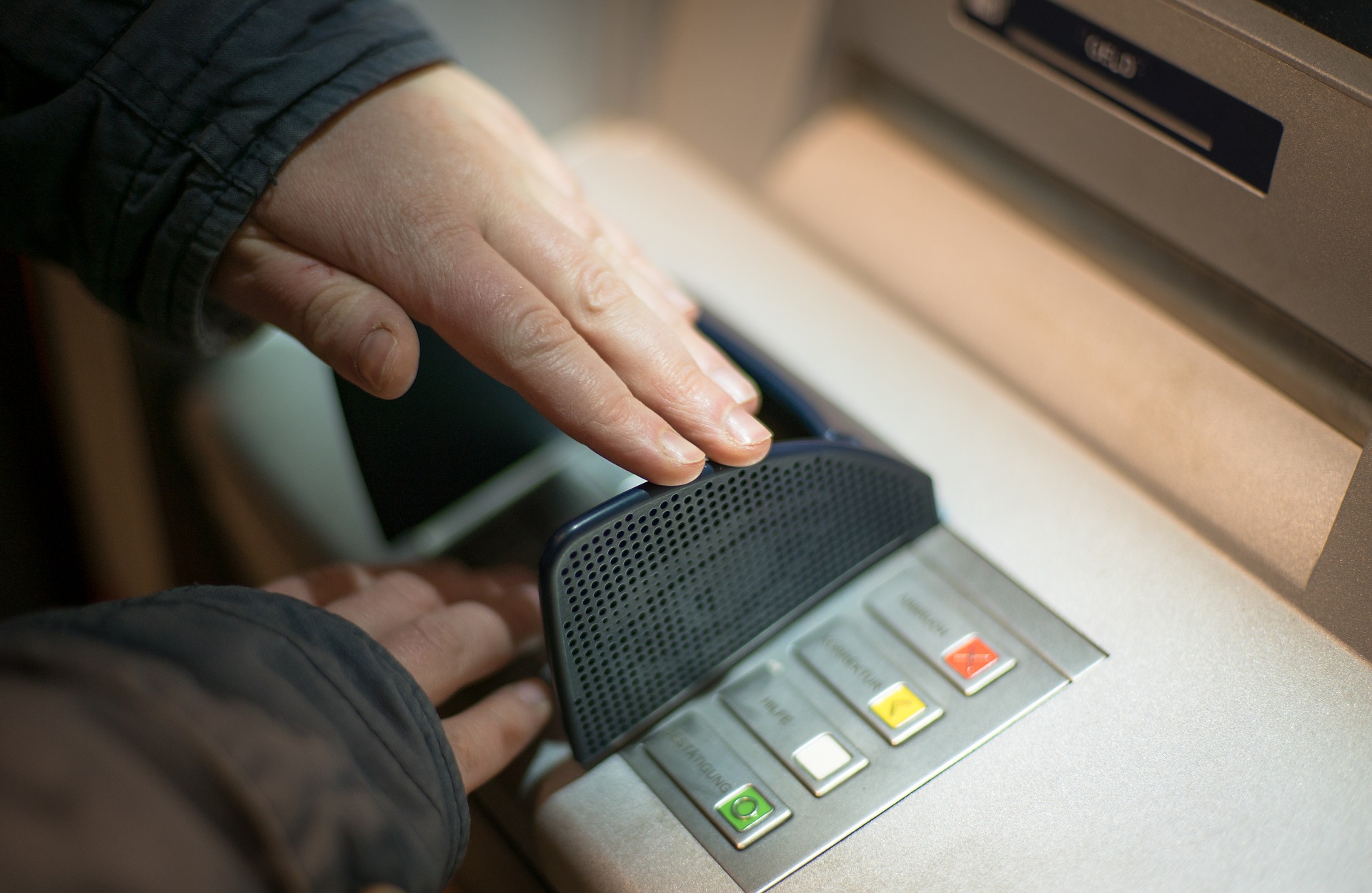Seven Common Tricky Travel Scams To Avoid While Travelling

Marina Nazario is a freelance writer with a one-way ticket…
Travel tests your trust. You’re out of your comfort zone, in a foreign place and meeting new people every day. So when something bad happens to you when you’re travelling – such as getting scammed – it may feel like that trust is breaking in half. But don’t feel too down if something happens to you – travel scams can happen to anybody.
[related_articles]69146[/related_articles]We’ve all been there. You have to face the fact that there are people out there who take advantage of travellers unfamiliar with a foreign country. You’re never going to be truly prepared to be ripped off, but here are seven common travel scams to look out for when you’re on the road. As a rule of thumb, always be aware of your surroundings.
The darn taxi meter
You just jumped off the plane and you’re ready to head to your hotel or hostel to put your stuff down. It’s late and you just want to take a cab as you know it will get you directly from A to B. When you walk outside baggage claim, there’re a dozen taxis waiting for you, so you pick one and tell the driver where to go.
As the cab gets underway, the driver tells you his meter is broken and gives you a flat rate. After you do the conversions, you realise it’s an astronomical price. Great.
Before getting into a cab always ask if they have a meter and make note if the driver has a visible license. The best thing you can do? Contact your hotel or hostel before you arrive to find out how much a ride should cost from A to B.
Where’s my change?
After paying for something with a high bill, always count your change. It’s easy to brush off when someone hands you a bunch of loose cash, but it’s worth it to look through all of the coins and bills to make sure they’re even from the same country you’re in.
Locals take advantage of the fact that you’re probably not familiar with the currency. Especially when it comes in bills and coins of the same colour. Take time to look through all the change and make sure it adds up. Don’t get gypped.
The fake police
This scam is common in places such as Central and South America. You’re walking around a foreign city when someone dressed as a police officer approaches you and asks to see your passport. First of all, it’s an unusual request if you’re minding your own business. Second, you better not hand over your passport.
What usually happens is that if you hand over your ID, they’ll either take it and run, or say that you need to pay a fine in order to get it back. We’re serious — this happens.
[related_articles]61849,71428[/related_articles]Whenever you’re approached by a cop in a different country, ask for their credentials. If they ask for your passport, don’t give it to them, show it to them. And what are you doing carrying your passport in the first place? Keep a copy of it instead.
The little thieves
It’s sad, but true that you might see a group of children in ragged clothes walking through the streets with their hands in a cupped position looking for money. You’ll recognize this around popular tourist attractions.
One kid from the group will try to grab your attention, while another comes from behind and slips their tiny hand in your purse, backpack or pocket. Our best advice is to wear a money belt so that you have peace of mind from any type of pickpocketer.
The fake charity petition
It’s common to avoid eye contact with people holding clipboards on the street asking you to sign something. But sometimes there are petitions (supposedly) in support of a charity held by someone who’s deaf. Or so it seems.
The person can’t talk to you, and when you read the paper it seems like it’s for a noble cause. So you sign and begin to walk away. Not so fast! The deaf person makes a sign with their hands indicating that they want some type of donation (that goes straight into their pockets). At worst, you’ll be a few dollars down.
This can also be a set-up for other travel scams, like pickpocketing. As you’re signing, an accomplice might grab your wallet from behind. Don’t stop at these petitioners, just keep walking.
I don’t need another bracelet!
There should be red flags waving in your head if someone comes up to you and says they’ll give you one of their handmade bracelets for free. Nothing’s for free unless it’s the samples at Costco.
The person might take your wrist and put on a handmade bracelet and flatter you. Then demand money after they said it’s free. Makes sense. If this happens, give it back and walk away. Bottom line: don’t let anyone put anything on your body. That means hats, bracelets or necklaces.
The tuk-tuk scam
Tuk-tuks are a fun and cheap way to get around, right? But sometimes the driver might have a deal with a restaurant or shop owner – meaning, they’ll get a nice fee if they bring in business.
When you jump in a tuk-tuk and ask to go someplace, the driver might try to make a deal with you by saying they’ll take you to three temples and a few local stops along the way for a set price that’s actually pretty cheap. It seems fairly benign among travel scams, so what’s the catch?
Your time is wasted. They’ll bring you to restaurants and random shops urging you to buy something because they get a fee if you do. This can also happen with cabs. Be firm about where you want to go. Save the tours for a real guide.
Now you know the travel scams to avoid, check out our collection of hostel horror stories and what happens when you lose your passport overseas.
Check out Qantas flights to begin your next adventure.
Marina Nazario is a freelance writer with a one-way ticket around the world. She's probably drinking coffee and searching for her next flight. You can follow her travels at marinasmilestones.com.



